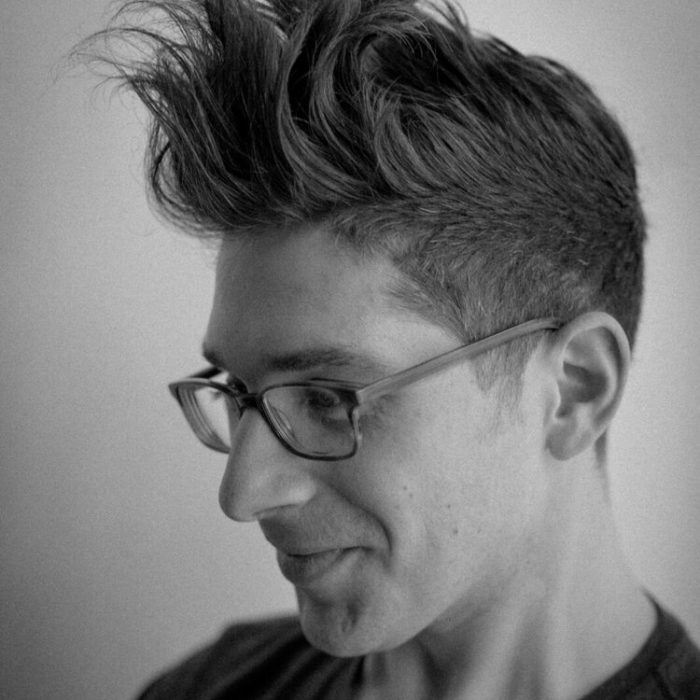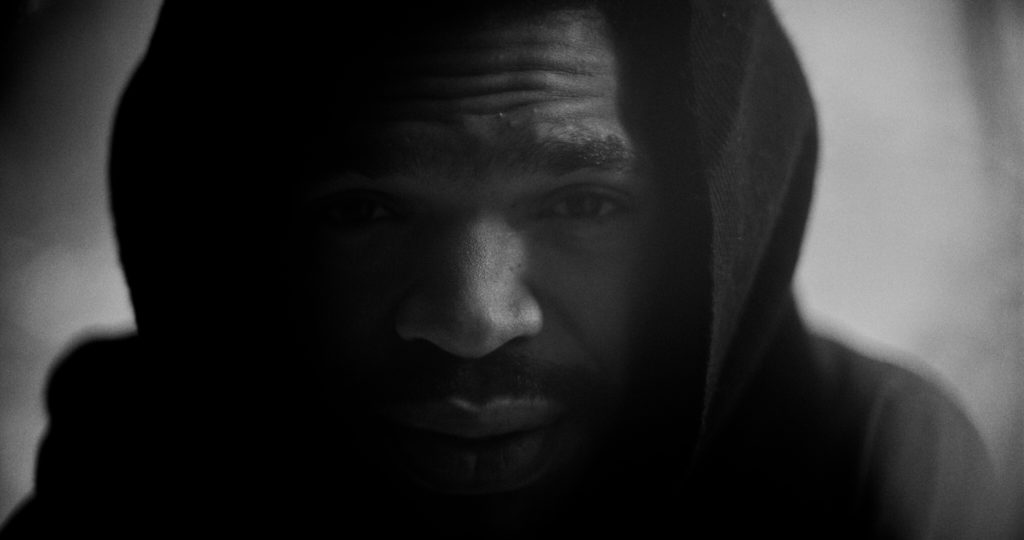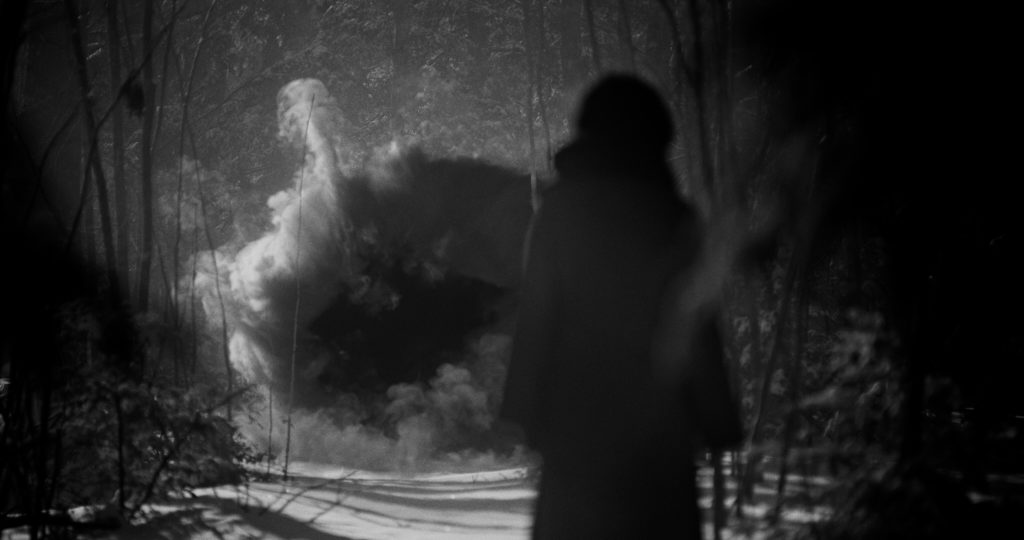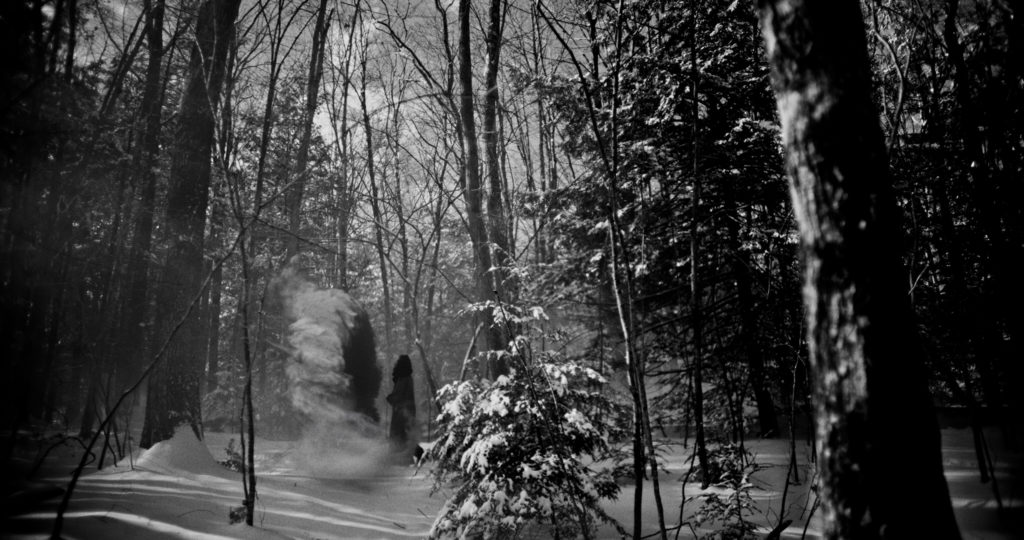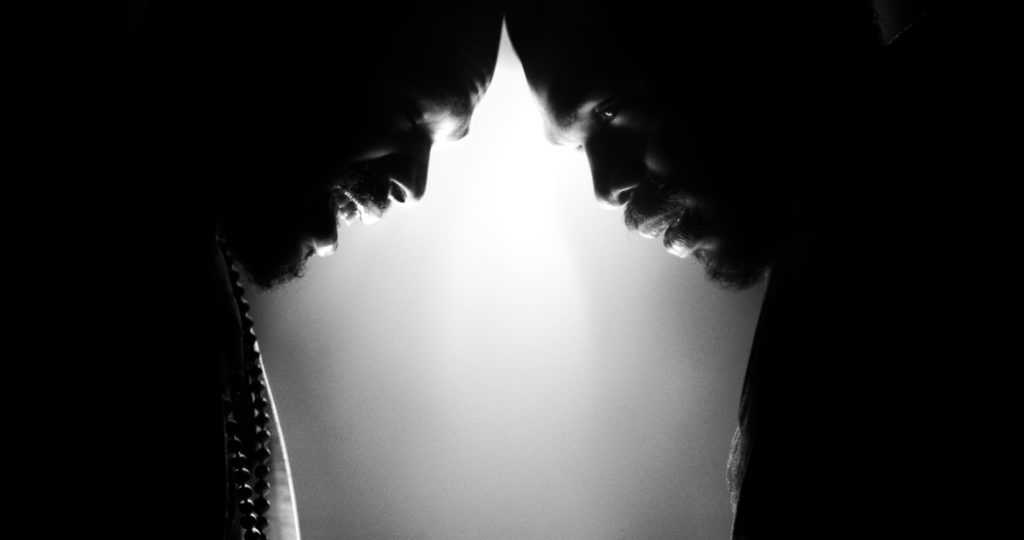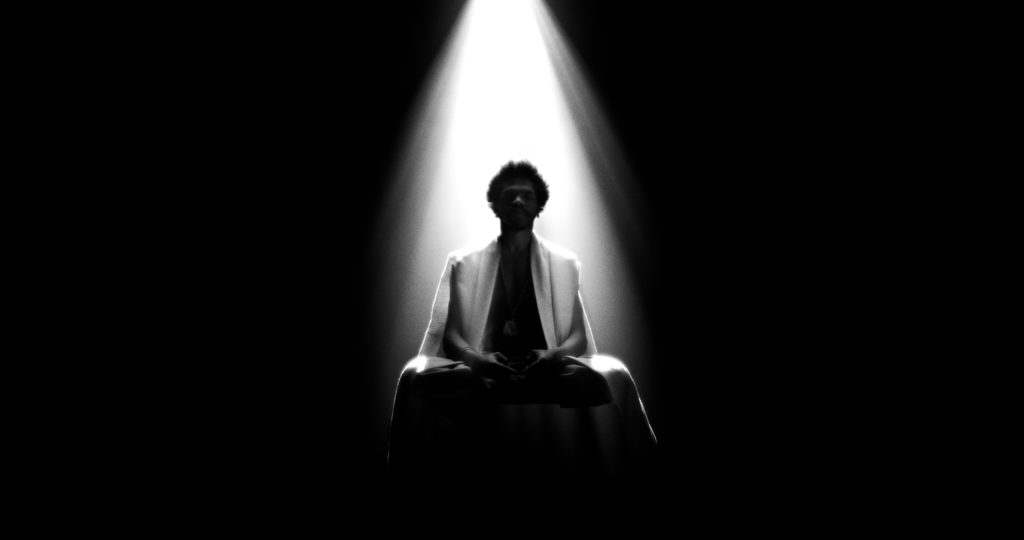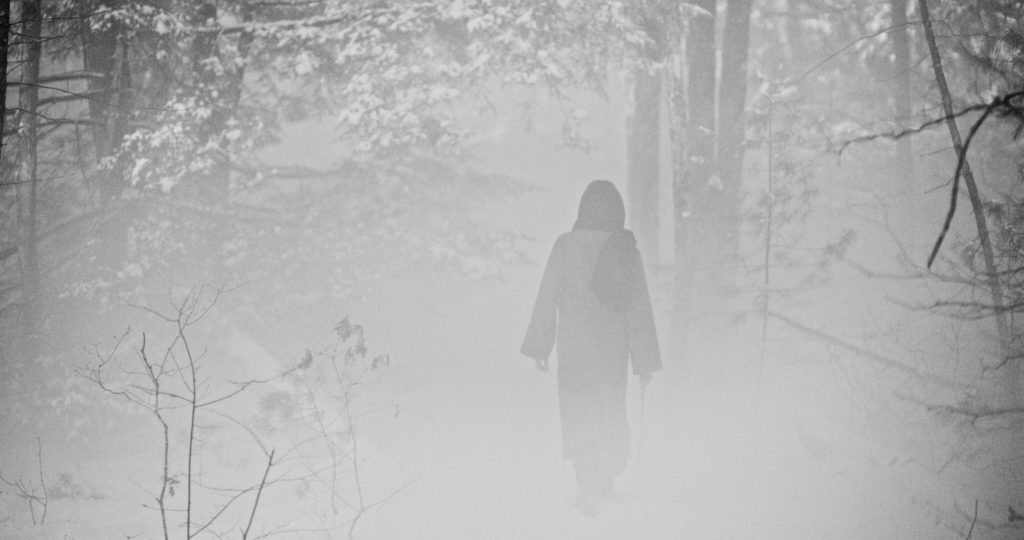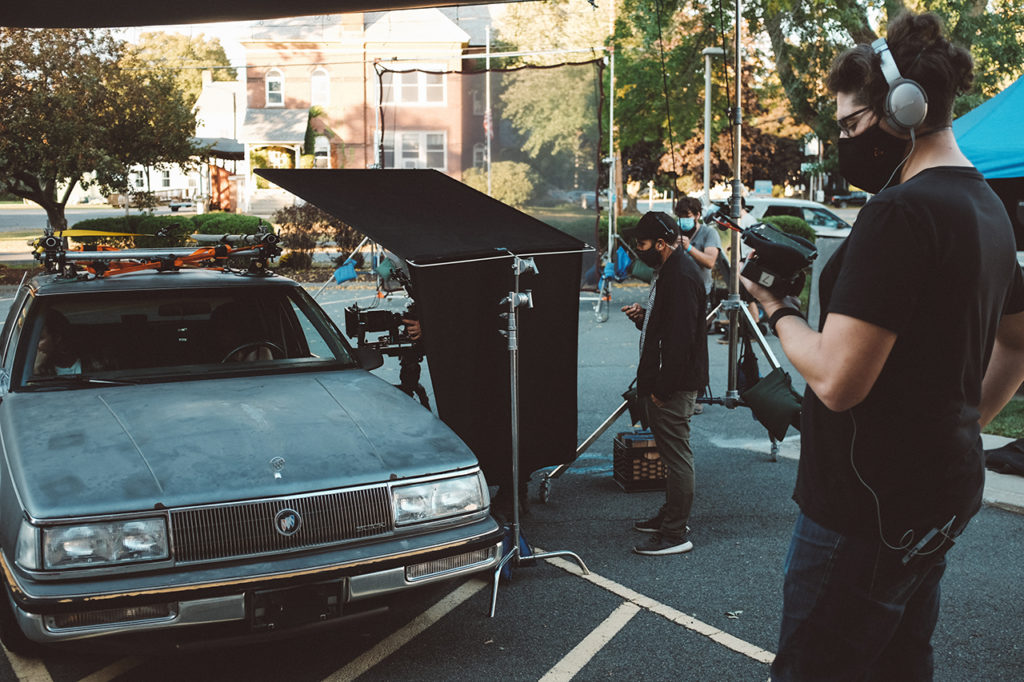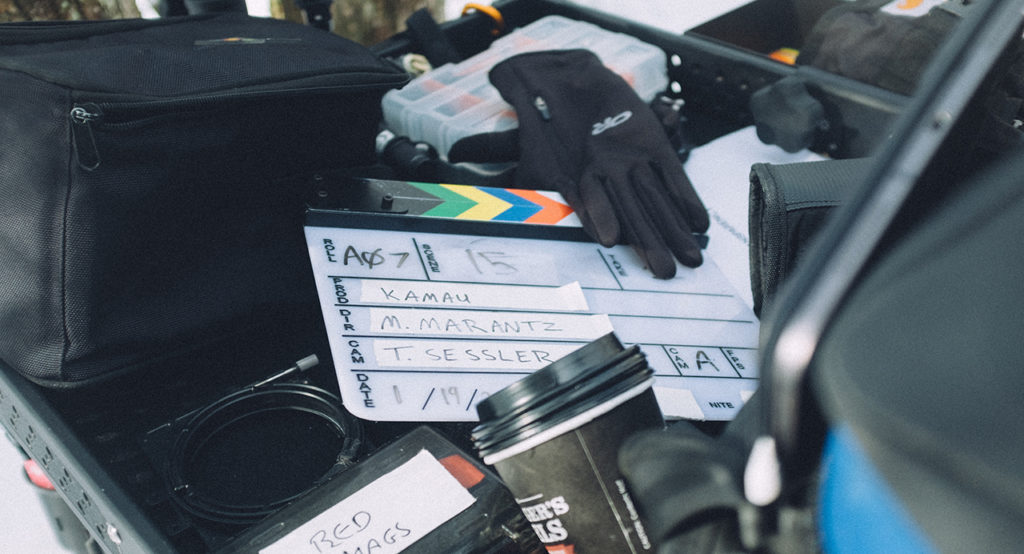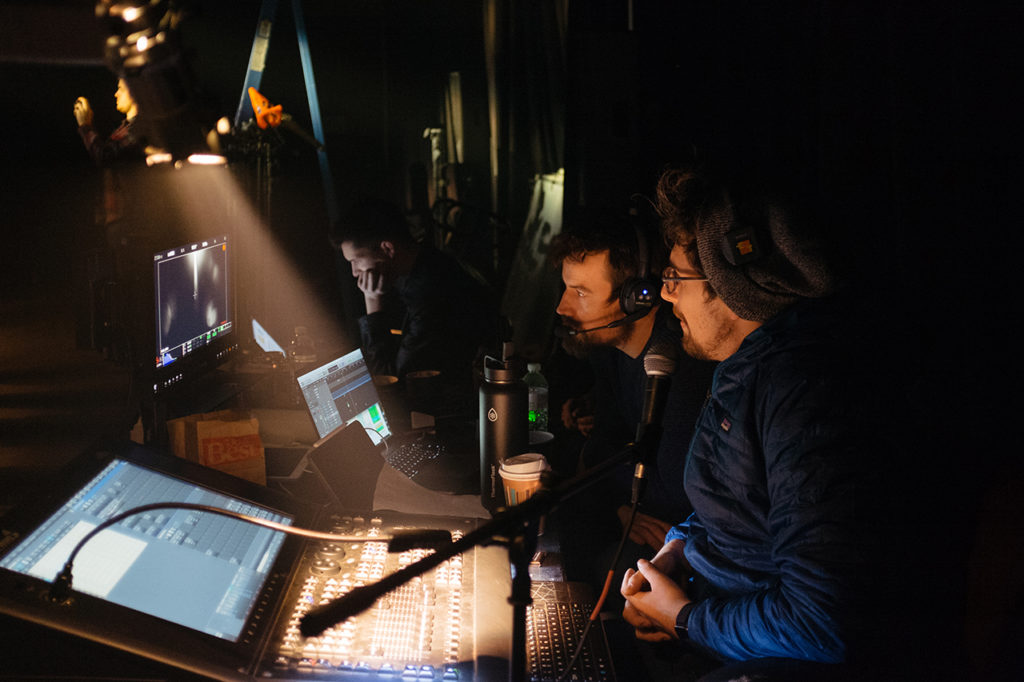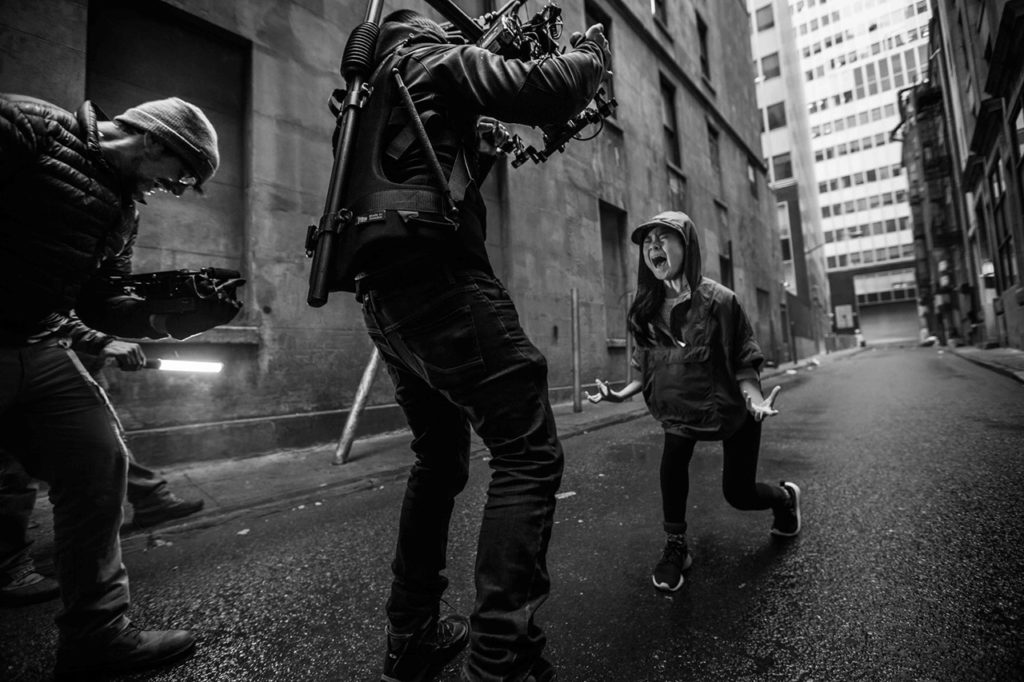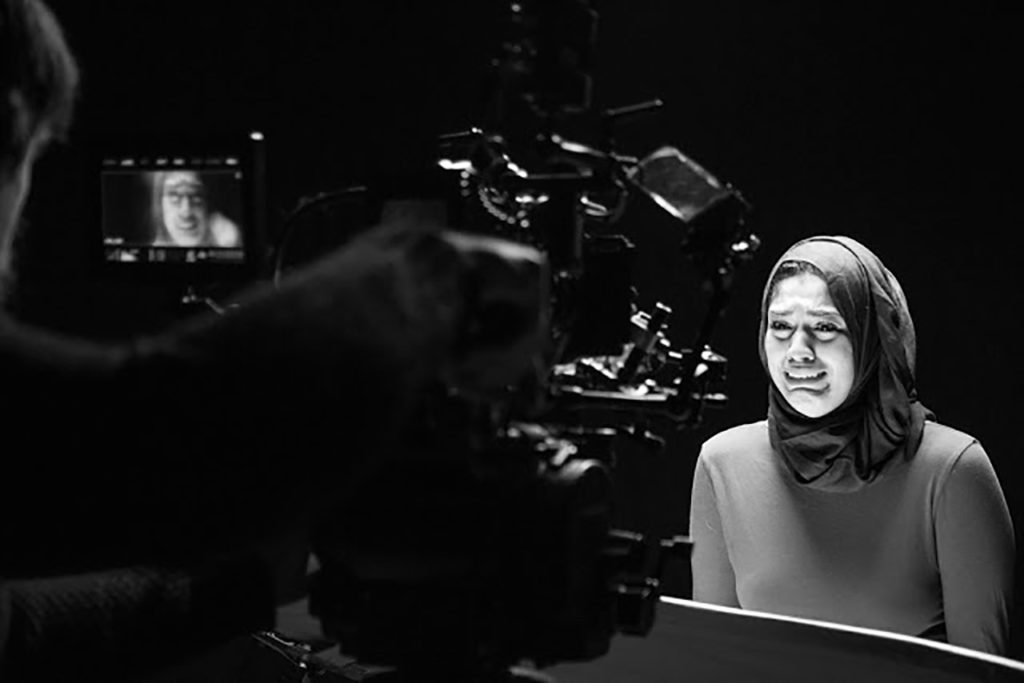Michael Marantz got his start making documentary films for non-profit organizations and corporate brands. This eventually led to a widespread commercial career, although his passion remains rooted in artistic ventures like narrative short films.
KAMAUU “Transparency” By Michael Marantz
Marantz, originally a native of New York City, is now based from the hills of Western Massachusetts with his family, but he still finds himself frequently traveling for his work all over the world. This year he wrote, scored, and directed his first narrative short film which is premiering at the Tribeca Film Festival. His latest project to be released was directing the visually stunning music video “Transparency” for the singer Kamauu. Creatr caught up with Marantz to expand on his creative process.
Creatr: How did you first get into filmmaking?
MM: It’s a funny story…When I was 5 years old, I borrowed my dad’s Handycam to capture races with my toy cars. Although, one aspect that I didn’t like was that I could see my hands in the video recordings when I’d play them back. I figured out that if I quickly hit record and then stopped recording, all while moving the cars ever so slightly in between shots, when I played the video back, it looked as if the cars were moving all on their own! I didn’t realize at the time that I was making stop motion animation. Well, my dad found his Handycam and saw the tape. He asked me if I was using his camera, and of course, I said “No,” afraid that he’d be angry I was using it without his permission, but instead he was very supportive. Ever since that moment of my parents encouraging my burgeoning filmmaking passion, I never looked back.
Creatr: Do you have a certain style of directing?
MM: Well this is a tough question because it all depends on the project: narrative, documentary, commercial; the process is so different. What is consistent (for me) is that I always need to take a step back and determine what will be the best format to tell the story. How can I tell the story in the most emotionally, impactful way? This of course is subjective, but it helps guide me.
Creatr: What’s your favorite format to work in?
MM: These days, narrative. I’m absolutely loving it. I completed my latest short “We Do This Once” which is premiering at Tribeca, and that is getting me so excited to direct a feature.
Creatr: How do you select actors for a project?
MM: With the help of really good casting directors, and honestly, I go back to the story. Trying to determine which actor will be able to tell the story in the best way possible.
Creatr: So, you’re also a composer?
MM: Oh yeah, this is a big one for me. I feel that music has such a powerful impact on film. Music is just as important as cinematography…It’s just as important as the script, and let me tell you, those two things are insanely important! Often, I have rough compositions (of music) before I even start filming. Having that tone already set, it really helps me to understand the overall feel of the piece that I’m making. It’s an essential guiding light.
Creatr: What are you listening to at the moment?
MM: Jon Hopkins. Freaking love that guy. He makes musical magic. I’m also listening to a lot of funk: Grateful Dead, Talking Heads. All sorts of things that I can get down to 🙂
Creatr: What were your inspirations growing up?
MM: Films have always been my magic inspiration growing up. Films of all kinds, everything from dramas and comedies to crappy blockbusters and serious artistic achievements. I didn’t know it at the time, but films helped me so much to find my place in the world. They were the basis for my value system, my beliefs. I would relate to certain protagonists and embody their morals. Filming was and will always be such a powerful medium for me.
Creatr: What’s the hardest part about being a working creative nowadays?
MM: All the rejection. You have to have tough skin (to deal) with all of that. You are bearing your soul to the world and sometimes people just don’t like what you have to offer. Learning to be okay with that, and still advocating for your work is super important.
Creatr: What would you tell people looking to follow in your footsteps?
MM: Just keep making things. Follow your passions. Enjoy the process. If you’re not enjoying the process of making something anymore, maybe you shouldn’t be doing it. Don’t do the thing because you think it will give you happiness later on, do it because you love it now.
In this line of work (or me) balance is key. I spend so much time immersed in work, but it’s equally important to have time with family. One of the perks of the job is that work tends to come in waves, and when the wave is low it’s essential to live life, be with family, soak it up and give all the love you can.
Creatr: Tell us about some of your latest work and what’s next for you?
MM: I’m represented by m ss ng p eces and working on a feature script as we speak, I could not be more excited to be moving into that world. I’ve also been working on a full-length electronic cinematic music album which I’m hoping to release later this year. And “We Do This Once” my short narrative film will be premiering at Tribeca Film Festival!
Check out more of his work at MichaelMarantz.com


